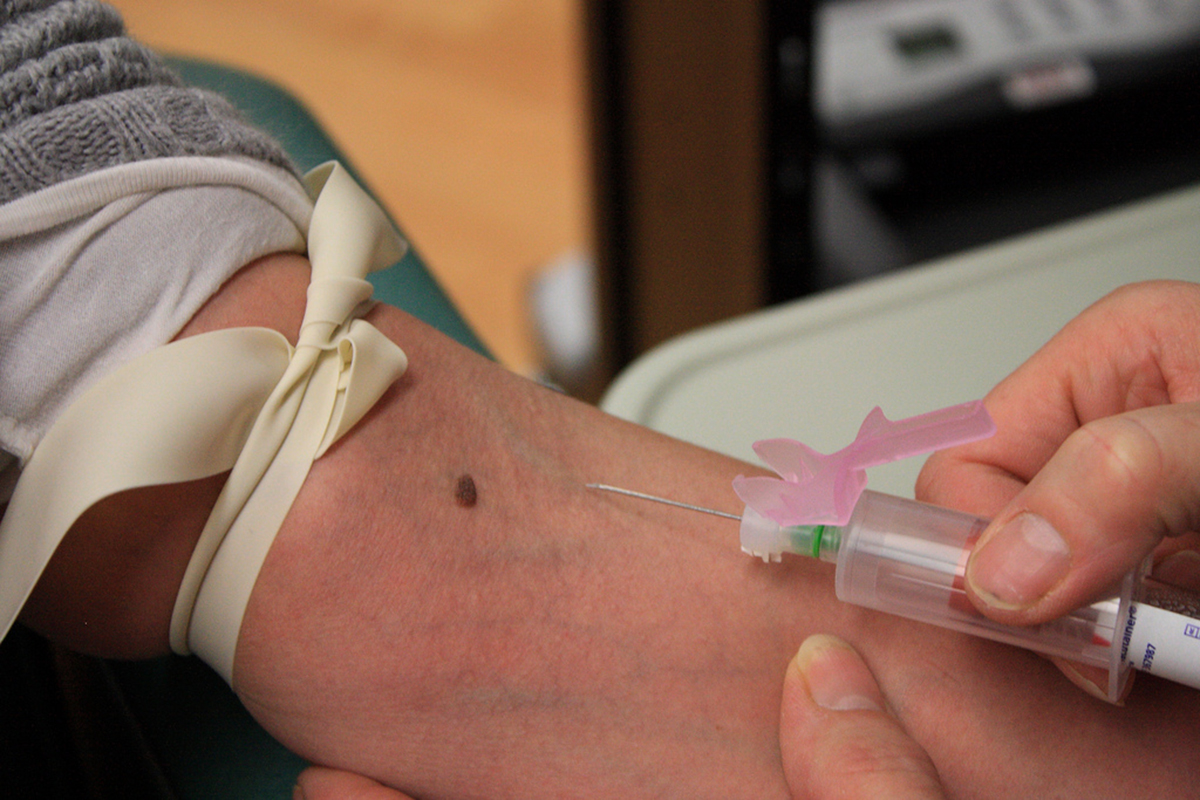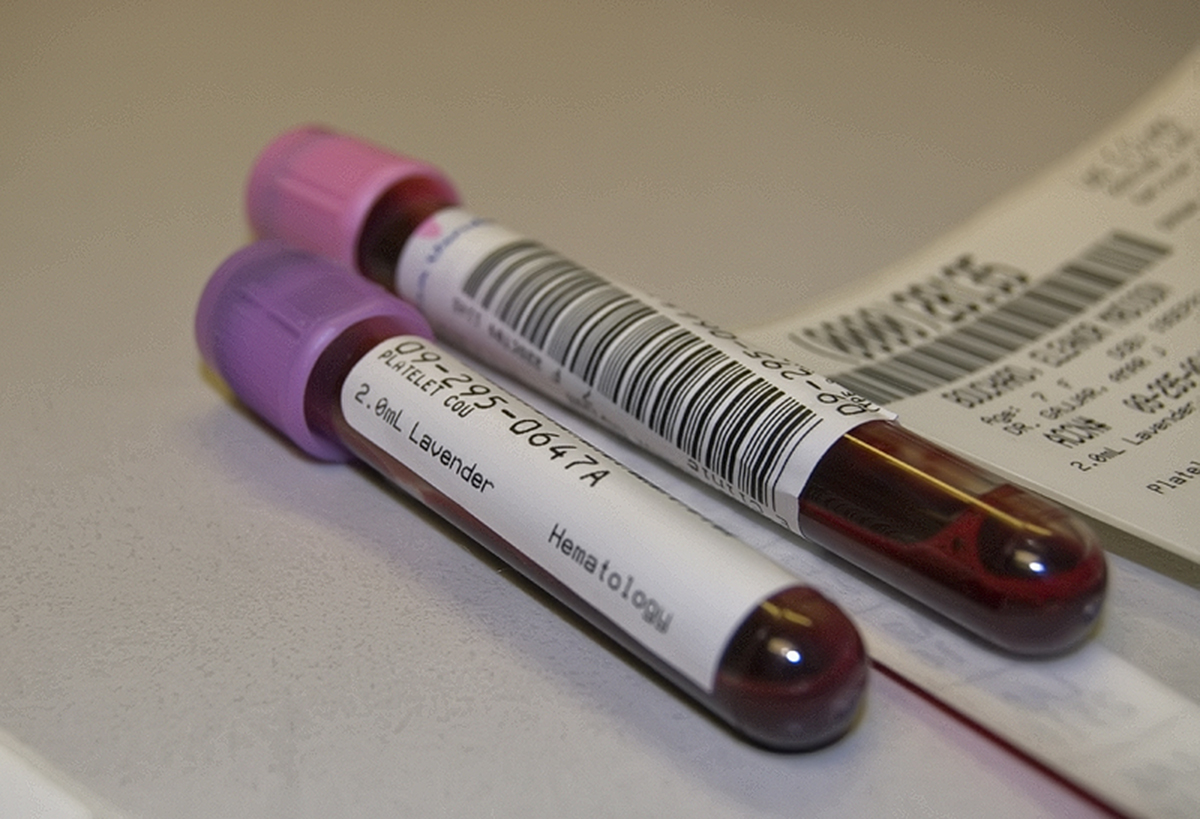It is estimated that one out of four deaths is caused by cancer, making cancer the second leading cause of death worldwide. Cancer is, when untreated, a chronic disease that involves abnormal cell multiplication, which can disrupt the anatomy and function of an organ. Cancer can start as a small group of abnormal cells that can develop into a solid tumor. In its advanced stages, these abnormal cells can also begin to affect neighboring tissues and organs, slough off, or break off from the primary tumor, and travel through the bloodstream to seed distant organs, such as the lymph nodes, the brain, the bones and the liver. Death usually occurs from complications involving these affected organs.

Cancer Screening
The management of cancer, a deadly disease that continues to increase in incidence, usually begins with screening people who have been found to be at risk of developing the a specific kind of cancer. For example, women who have a strong family history of breast cancer may want to be tested for breast cancer as well as gene mutations that are known to increase the risk of it to be able to catch it as early as possible and make more informed decisions about treatment options.
On the other hand, screening for cancer in the general population or among people who have a low risk of acquiring disease may additionally have significant disadvantages. Some screening procedures, such as an endoscopic procedure to detect colorectal cancer, are not without health risks to the patient. Getting false-positive test results can cause anxiety in patients who are made to believe they may have cancer, when in reality they do not have the disease. Similarly, getting a false-negative result may delay treatment in patients who test negative for cancer, if the tumor is not detected immediately.
Can a Simple Blood Test Detect Cancer?
Screening for cancer usually involves a prior evaluation of a person's medical history and a physical examination. These preliminary steps, which help to determine a person's risk of developing a certain type of cancer, are then followed by taking various laboratory tests. These lab exams may include blood tests, urine tests and an examination (biopsy or imaging test) of various tissues and body substances. Blood tests may consist of complete blood counts (CBC), testing for blood proteins, testing for the presence of tumor markers, and more recently, tests for circulating tumor cells (CTC).
A CBC is common test that measures various cell types found in the blood. Blood cancers such as leukemia may be detected by taking a CBC. However, a bone marrow biopsy must be done to confirm the diagnosis of blood cancer.
Testing for abnormal blood proteins such as immunoglobulins by electrophoresis can help detect cancers such as multiple myeloma. However, other tests (i.e, bone marrow biopsy), must be done to confirm the suspected diagnosis.
Blood tests are also used to detect tumor markers, which are chemicals made by cancer cells. Examples of tumor markers include prostate-specific antigen or PSA (seen in prostate cancer) and alpha-fetoprotein or AFP (for patients with liver cancer).
See Also: Blood Tests: What Do They Tell?
This limits their potential for diagnosing cancer.
Therefore, a simple blood test may help to screen patients for cancer, but more tests will inevitably have to be done to confirm the diagnosis. Recent technologies that have been developed, however, show that blood tests that detect tumor cell DNA may be more helpful in detecting the presence of cancer. More studies have to be done to confirm the accuracy and usefulness of these tests.
More On Cancer Screening, Diagnosis And Monitoring
Aside from screening healthy individuals who are at risk of developing cancer because of their personal and family's medical history, doctors sometimes advise patients to undergo screening tests based on scientific evidence. For example, women who are at least 40 years old are advised to have a mammography, because studies show that deaths due to breast cancer have been reduced by as much as 20% after routine breast cancer screening across these populations.

Doctors also monitor the progress of a patient's disease during treatment by doing additional diagnostic tests. These repeated tests usually aim to find out if the tumor has changed in size or has affected other organs, such as lymph nodes, or the brain. Aside from blood tests, imaging exams such as x-ray, MRIs, and CT scans may be used to take pictures of various areas of the body to gain insights into the presence of cancer, or to monitor the progress during treatment. In addition, modern medicine also allows scientists to find out about genetic mutations that have been linked to cancer, making genetic tests an important tool for screening for certain types of cancer.
A person who is being tested for cancer often has to undergo a combination of these tests. This process is not only costly and inconvenient, it is also often frightening and stressful for patients. And if there is a strong suspicion for cancer based on these screening tools, more tests would have to be done to confirm the diagnosis, including tissue biopsies, endoscopies, or even surgery.
New Blood Tests to Detect Cancer
Now, science has found a way to make things possibly simpler for patients and doctors to detect cancer.
Researchers from Stanford University School of Medicine have found that a routine blood test may help detect cancer and at the same time, monitor the progress of the disease. This highly sensitive blood test, called Cancer Personalized Profiling by deep Sequencing or CAPP-Seq, measures levels of tumor DNA circulating in the patient's blood.
The blood test is based on finding that tumor cells continuously divide and die, releasing their DNA into the bloodstream. The researchers focused their study on patients with lung cancer but they believe that the new technology has wide application to different types of solid tumors. They also believe that it could be used to screen healthy individuals for cancer and track the progress of a diagnosed cancer patient.
See Also: Personalised Medicine: Genetic Screening For Cancer Patients
Another simple blood test that has been developed by scientists can detect circulating tumor cells (CTCs), or malignant cells that have broken away from the primary tumor. A CTC assay can help doctors identify advanced cancer. Although this type of blood test can detect tumor cells that are metastasizing (spreading) from the primary tumor to the blood to seed other organs, it may be useful in predicting and treating advanced stages of the disease.
Except for CellSearch CTC test, which has been approved by the FDA for clinical use, these blood tests are still undergoing research.
- LEF. Circulating Tumor Cell Assays: A Major Advance in Cancer Treatment. http://www.lef.org/magazine/mag2010/apr2010_Circulating-Tumor-Cell-Assays_01.htm
- Mayo Clinic. Cancer blood tests: Lab tests used in cancer diagnosis. http://www.mayoclinic.org/diseases-conditions/cancer/in-depth/cancer-diagnosis/ART-20046459
- NCI. What Is Cancer Screening? http://www.cancer.gov/cancertopics/pdq/screening/overview/patient
- Stanford University Medical Center. Blood test could detect solid cancers. ScienceDaily. http://www.sciencedaily.com/releases/2014/04/140406162428.htm.
- Photo courtesy of Wheeler Cowperthwaite by Flickr : www.flickr.com/photos/wcowperthwaite/5774694766
- Photo courtesy of cbgrfx123 by Flickr : www.flickr.com/photos/72005145@N00/4044250882
- www.lef.org
- www.mayoclinic.org
- www.cancer.gov
- www.sciencedaily.com


Your thoughts on this